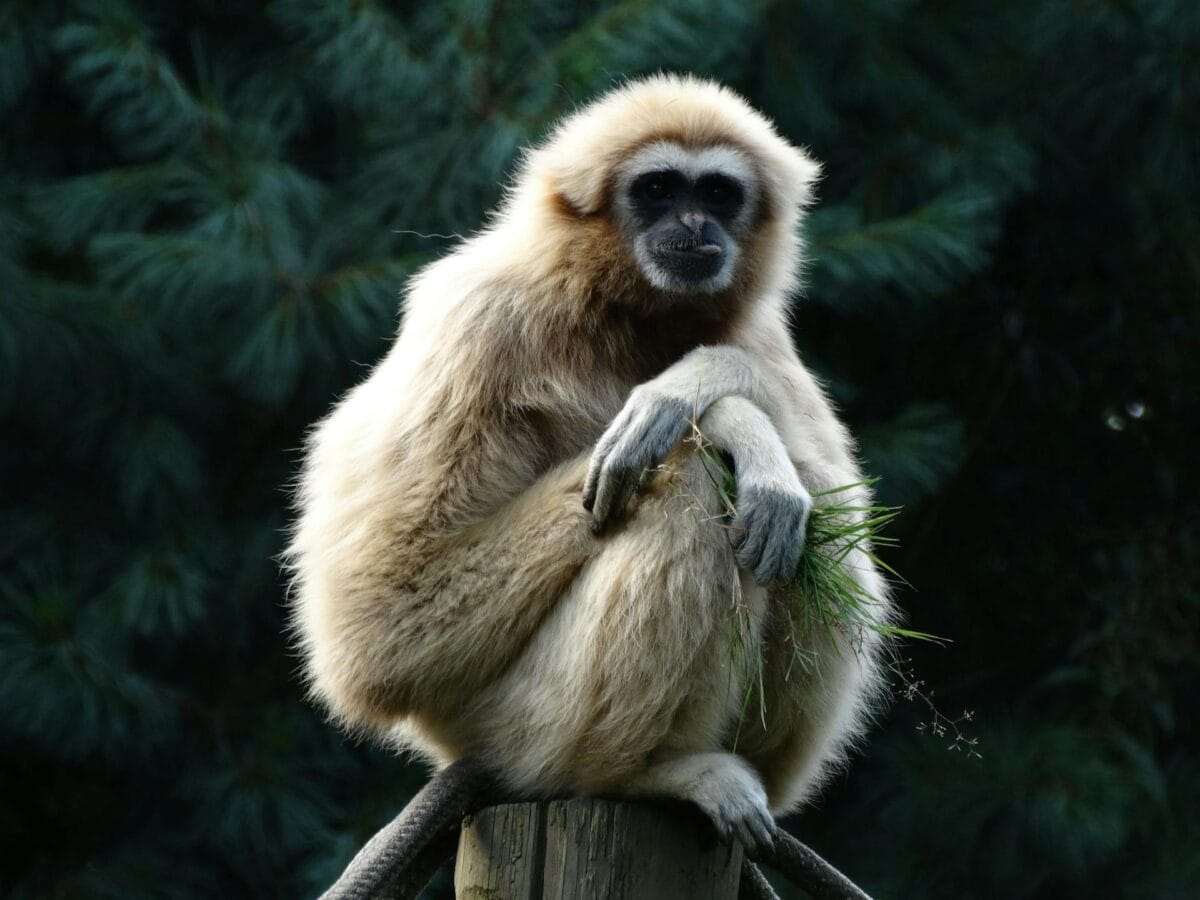Gibbons are a fascinating group of primates that stand out for their remarkable vocalizations and agile movements. Often referred to as the “lesser apes,” gibbons are part of the Hylobatidae family and are native to the dense forests of Southeast Asia. These primates are smaller than their great ape cousins but boast impressive skills that make them unique and integral to their ecosystems.
Characteristics and Habitat
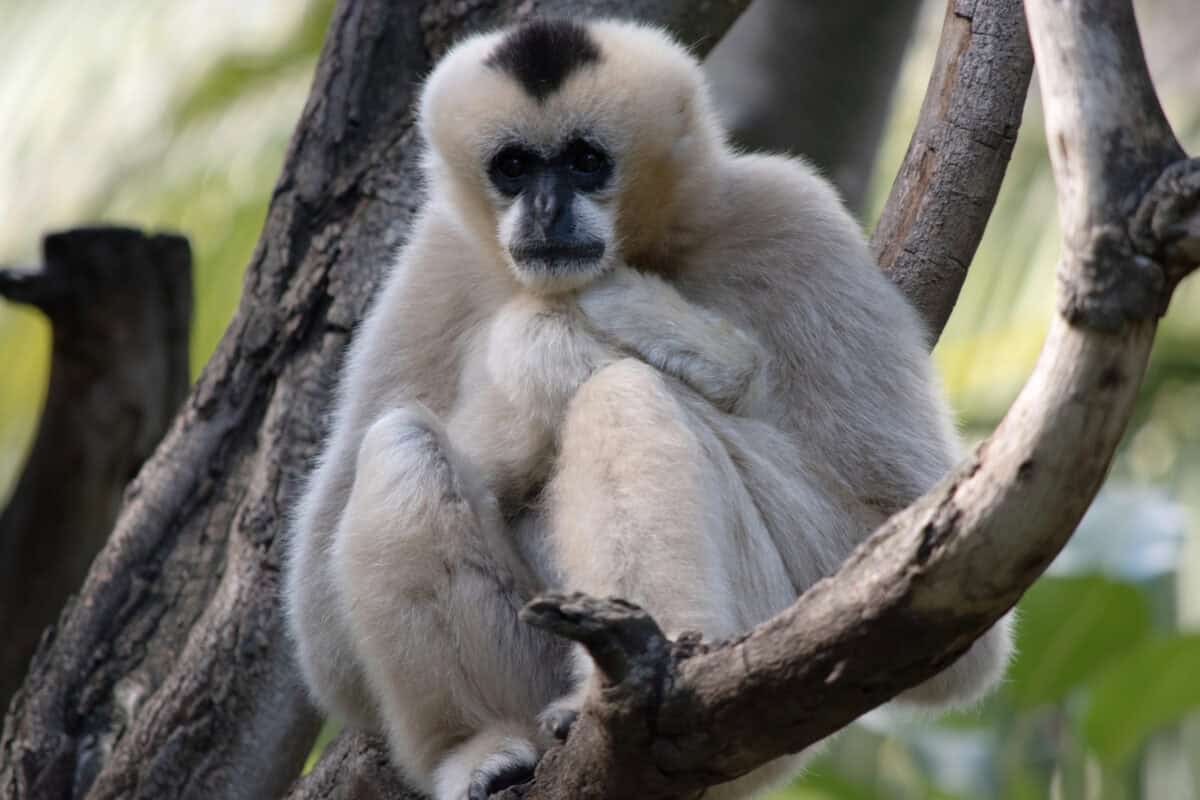
Unlike other primates, gibbons are distinguished by their small, slender bodies which allow for exceptional agility. Most species have dense, fluffy fur that ranges in color, often helping them blend seamlessly into their arboreal habitats. Gibbons are primarily found swinging through the treetops of tropical rainforests in countries such as Indonesia, Thailand, Malaysia, and Myanmar.
These primates are diurnal, meaning they are active during the day. Their treetop lifestyle is supported by their long arms and hook-shaped hands, which enable them to precisely and swiftly move between branches in locomotion known as brachiation. This movement not only gives gibbons an advantage in escaping predators but also in searching for food, which primarily consists of fruits, leaves, flowers, and occasionally insects.
The Remarkable Vocal Abilities of Gibbons

One of the most distinguishing features of gibbons is their powerful and loud calls. Gibbons are renowned for their complex vocalizations, which can be heard echoing through the forest, and are among the loudest calls in the jungle. These calls serve multiple purposes, such as marking territory, attracting mates, and strengthening family bonds.
Each gibbon species has its unique vocal pattern, often involving duets between mated pairs. This duet is a fascinating vocal performance where a male and a female gibbon produce synchronized calls that resonate over vast distances. Such vocalizations are crucial for re-establishing pair bonds, which is vital given gibbons’ territorial nature.
Ecological Importance and Conservation Challenges
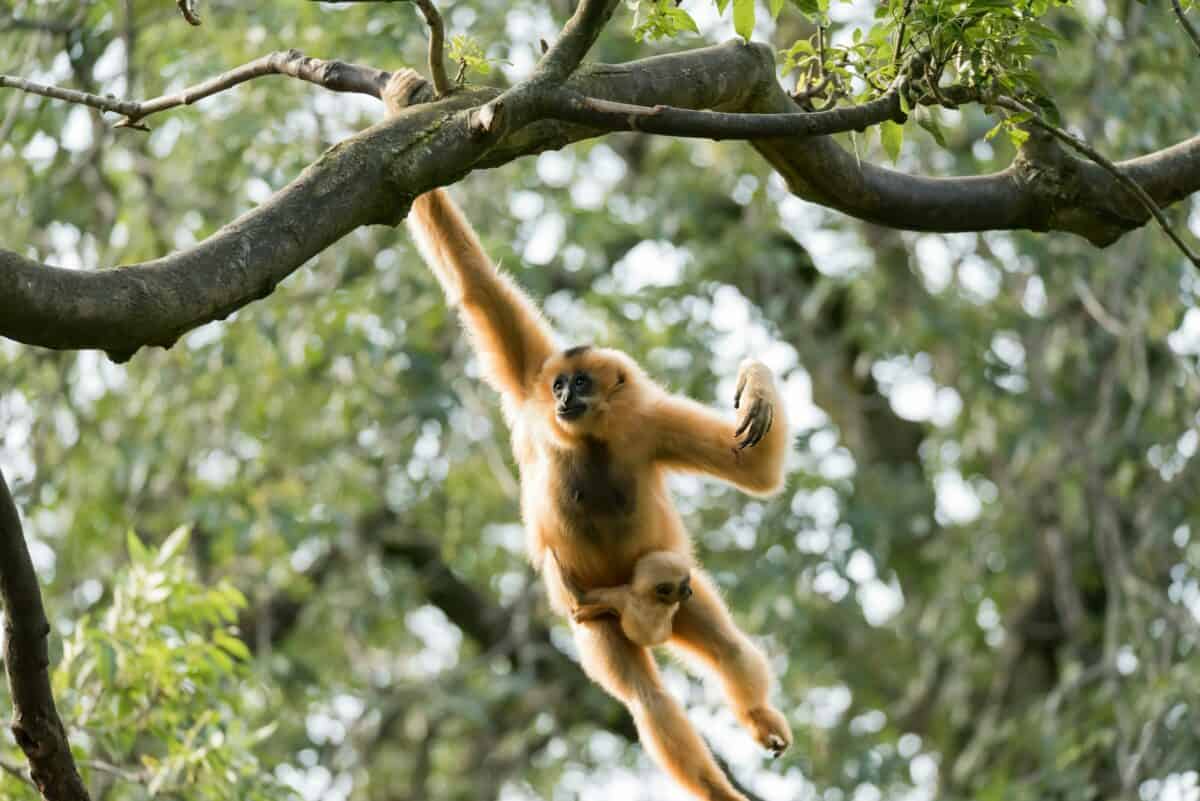
Gibbons play a pivotal role in their ecosystems. As seed dispersers, their diet of fruits and other vegetation inadvertently helps in plant dispersal, contributing to forest regeneration and biodiversity. Maintaining healthy gibbon populations is thus essential for the preservation of tropical forest environments.
Unfortunately, gibbons are among the most endangered primates, facing threats from habitat loss, poaching, and illegal pet trade. Deforestation for agriculture and urban development has significantly diminished their natural habitats, leading to isolated populations that are vulnerable to genetic bottlenecks. Additionally, the allure of these charismatic primates as pets has further exacerbated their decline.
Conservation Efforts and the Path Forward
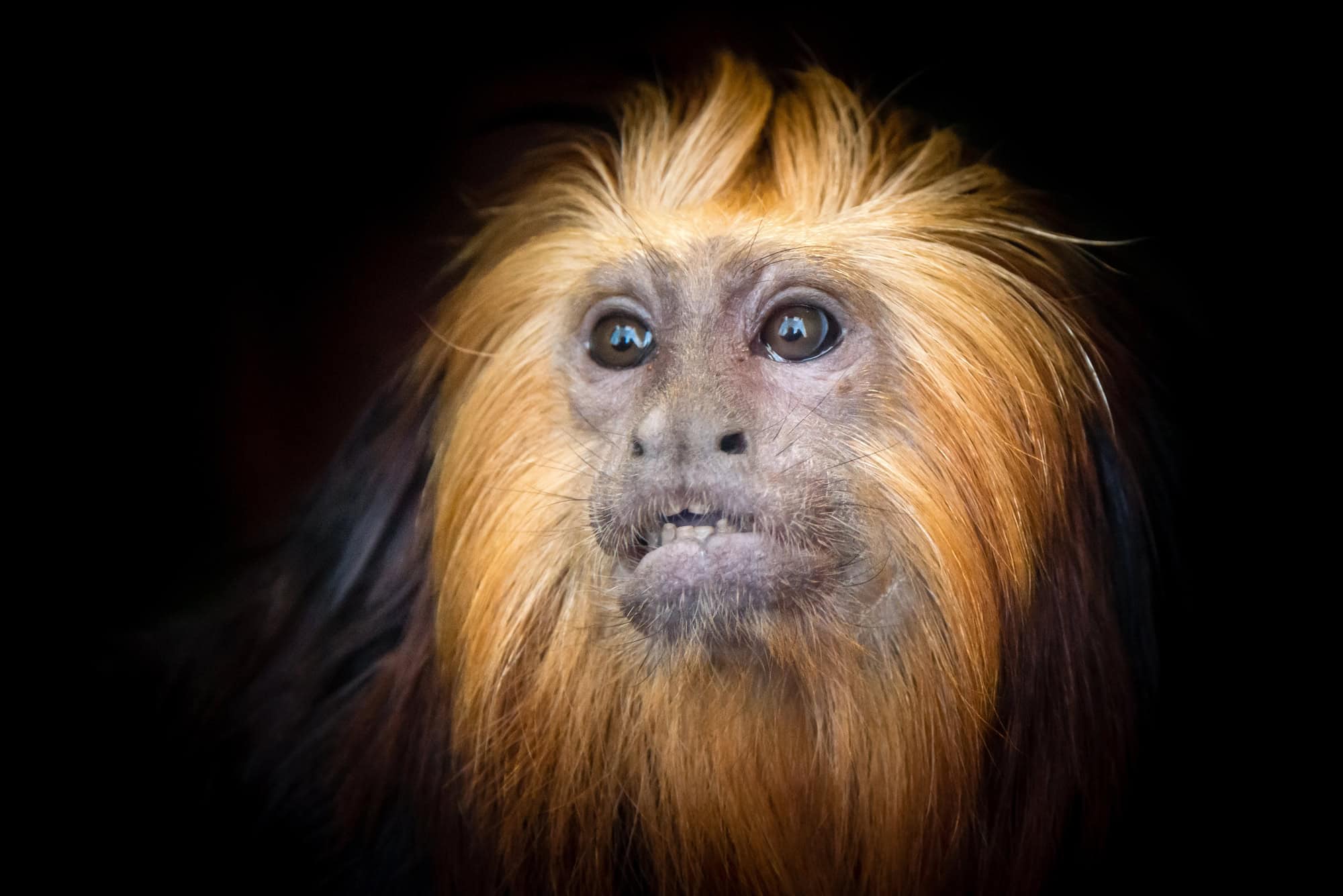
Conserving gibbons requires concerted efforts from both local and international communities. Various organizations are working tirelessly to protect these primates through habitat preservation, anti-poaching measures, and rehabilitation programs for rescued gibbons. Wildlife reserves and national parks play a critical role in providing safe habitats where these primates can thrive.
Public education and outreach are also vital in raising awareness of the gibbons’ plight and encouraging community involvement in conservation efforts. By promoting sustainable development and forest management, it is possible to create a future where gibbons and humans coexist harmoniously.
Conclusion
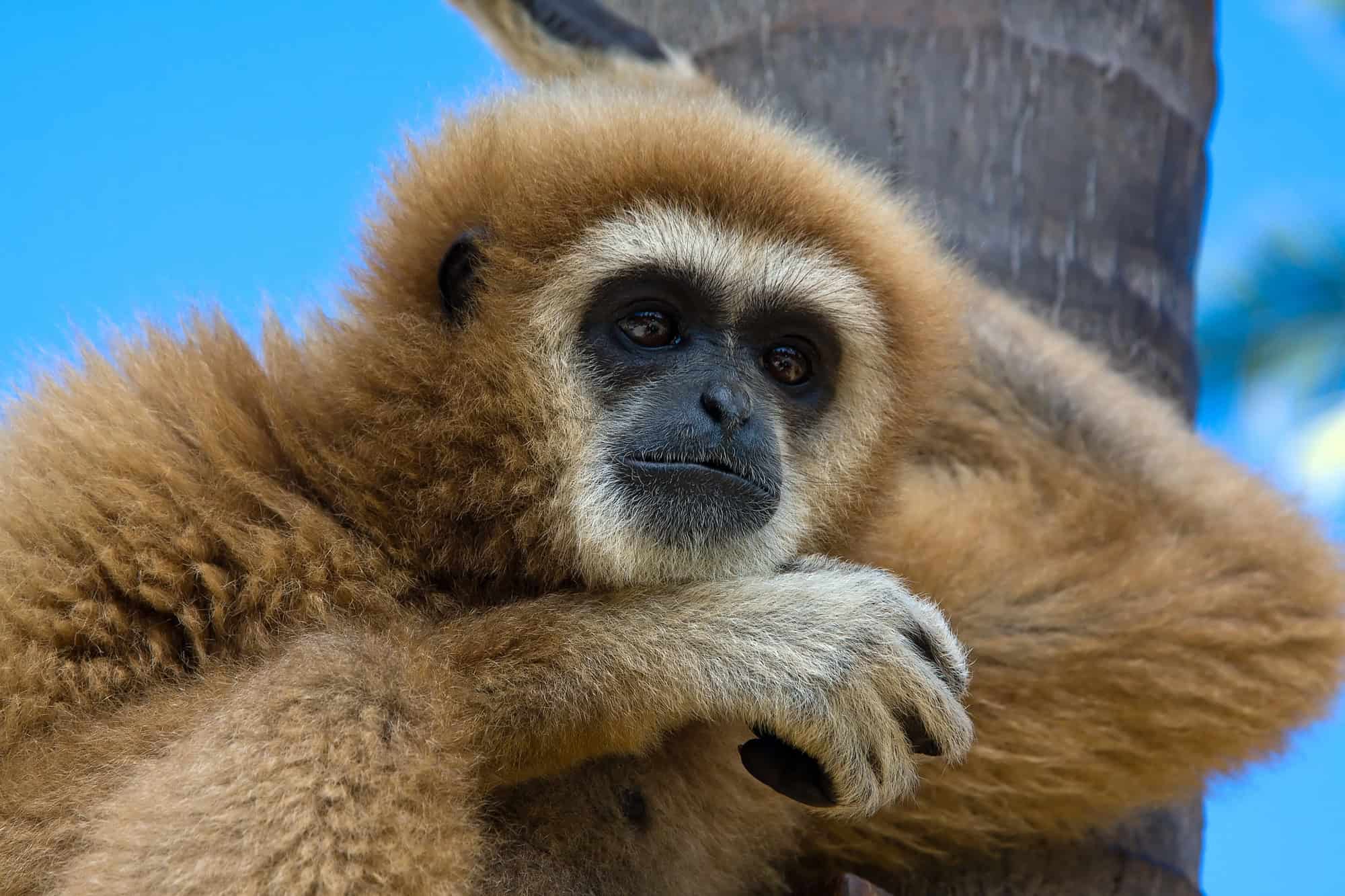
The gibbon, with its awe-inspiring vocal talents and agile tree-dwelling lifestyle, is a remarkable primate that embodies both the beauty and complexity of the natural world. While they face significant challenges, ongoing conservation measures offer hope for their preservation. By understanding and appreciating these unique creatures, we can contribute to ensuring their survival for future generations to enjoy.
- 10 Animals That Risked Their Lives to Save Humans - August 9, 2025
- 14 Reasons Why Bears Are Afraid of Humans (Most of the Time) - August 9, 2025
- 11 Frogs That Look Too Weird to Be Real - August 9, 2025

